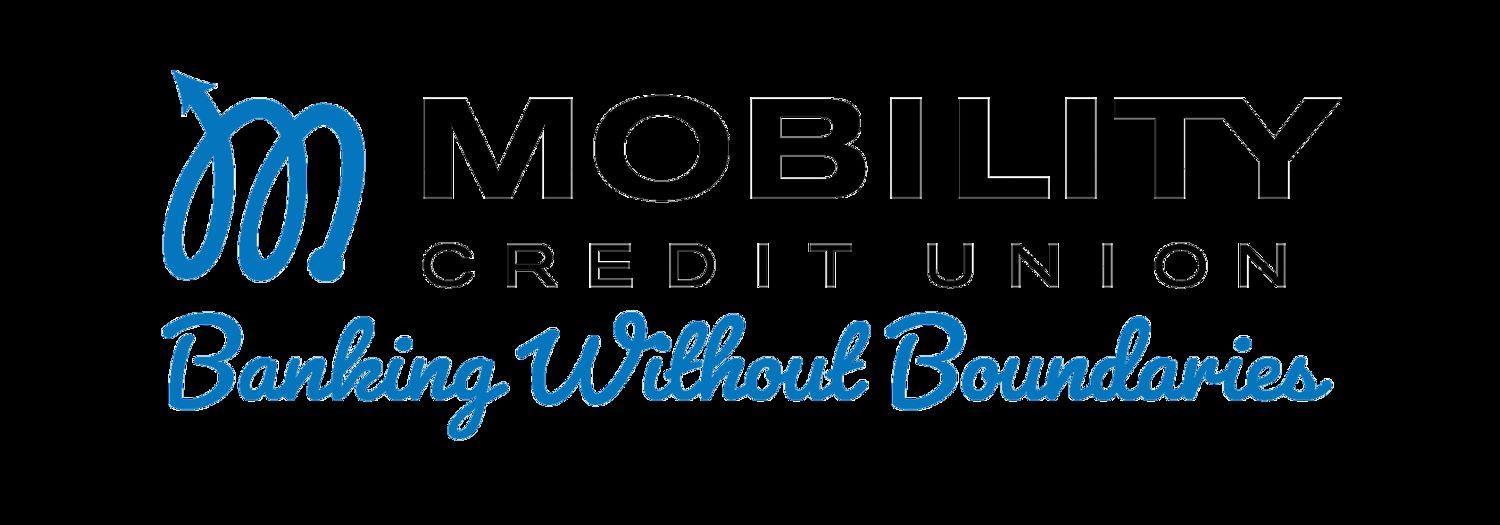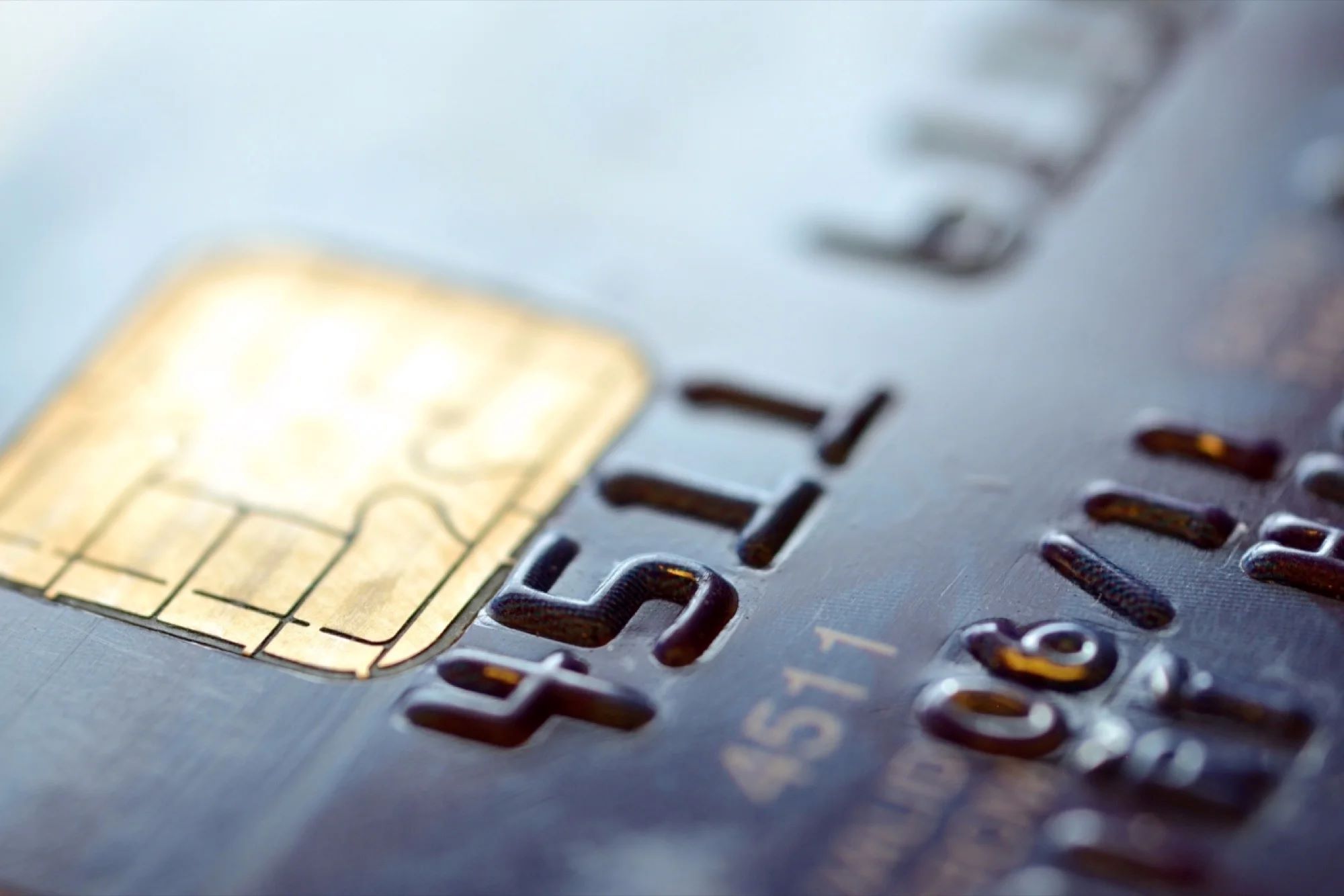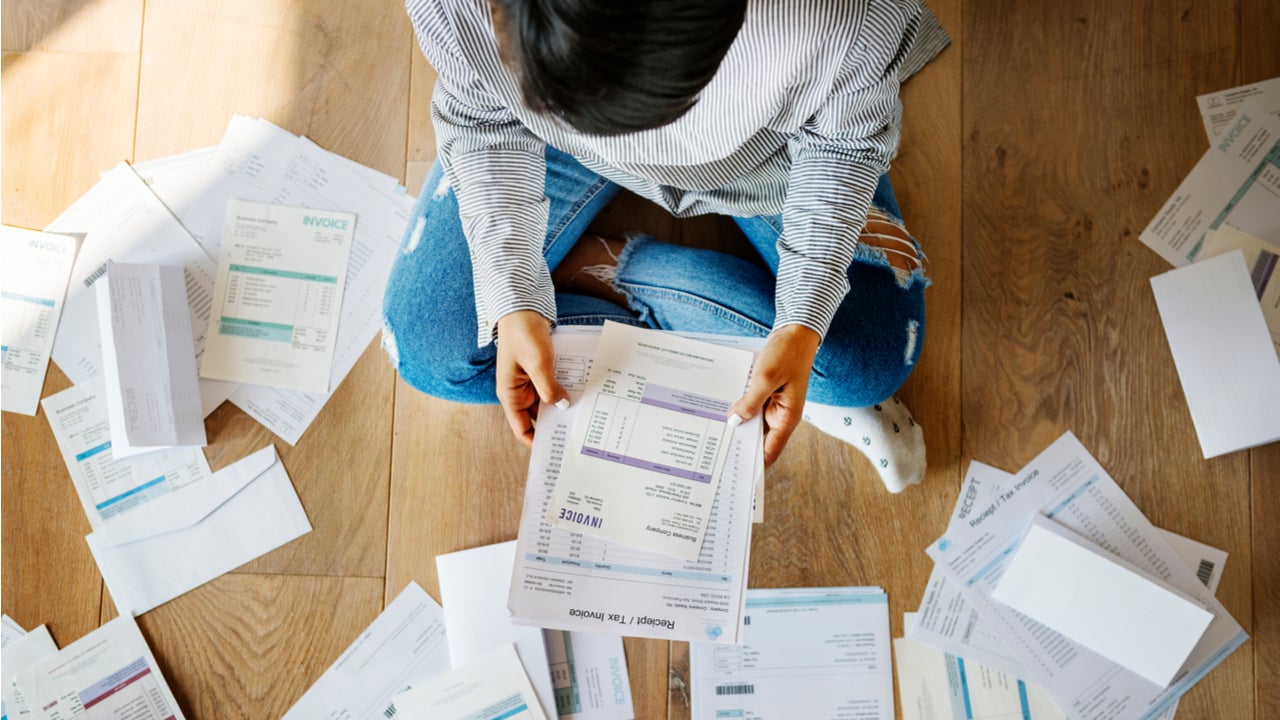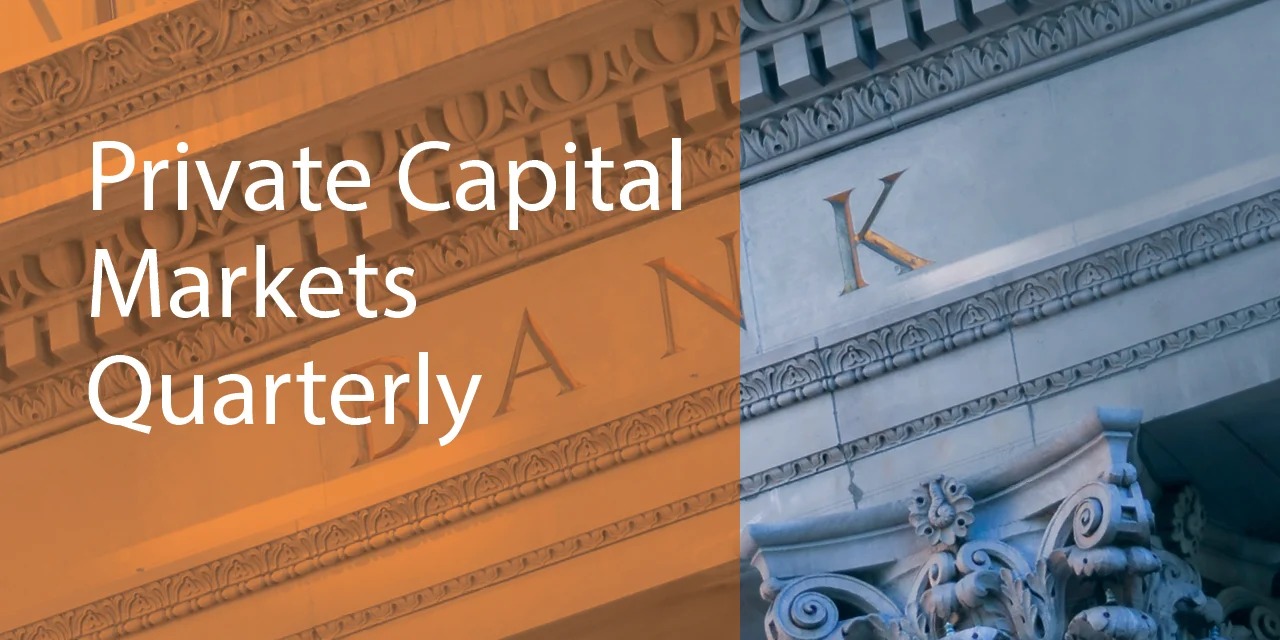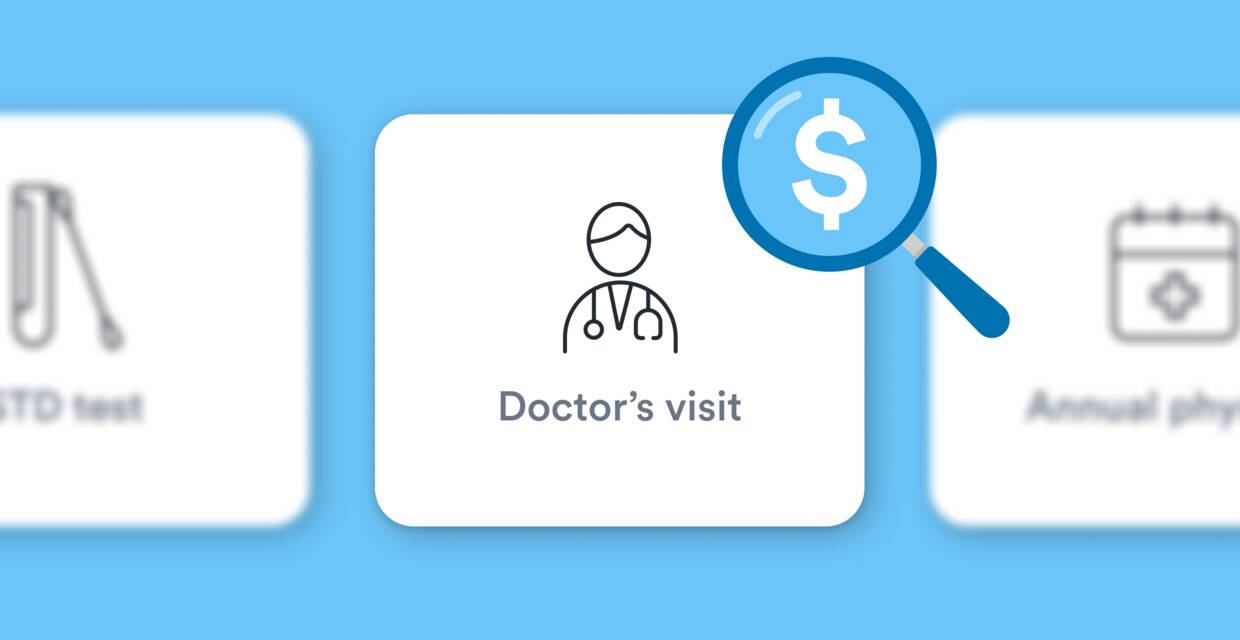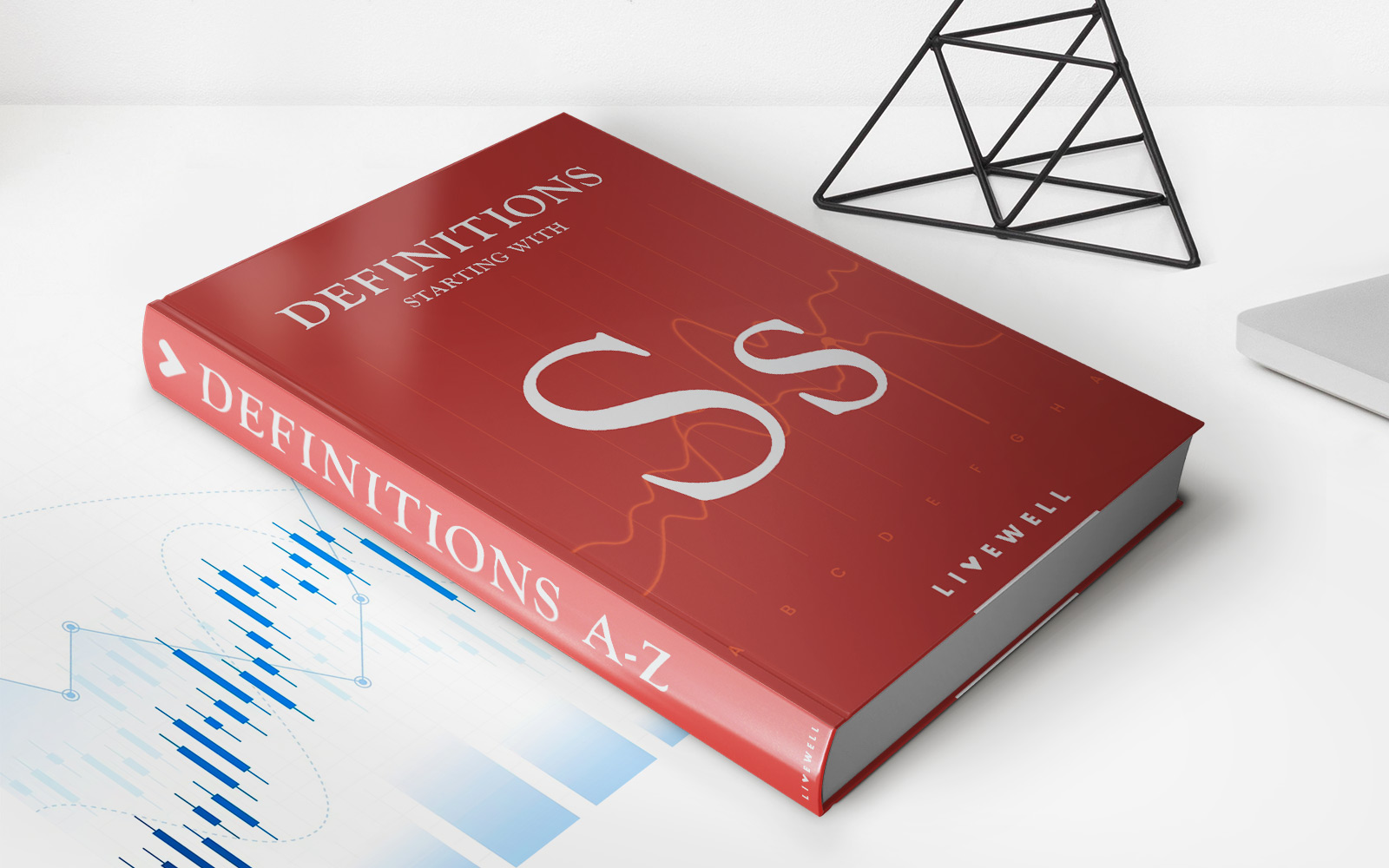Home>Finance>How To Keep Your Revolving Credit Accounts Open After Debt Consolidation


Finance
How To Keep Your Revolving Credit Accounts Open After Debt Consolidation
Published: February 29, 2024
Learn how to manage your revolving credit accounts effectively after debt consolidation. Discover helpful finance tips to keep your accounts open and improve your credit score.
(Many of the links in this article redirect to a specific reviewed product. Your purchase of these products through affiliate links helps to generate commission for LiveWell, at no extra cost. Learn more)
Table of Contents
Introduction
Debt consolidation can be a lifesaver for individuals struggling to manage multiple debts. It involves combining various debts into a single, manageable loan with a lower interest rate, which can lead to simplified payments and potentially lower overall costs. While this approach has numerous benefits, it's essential to consider its potential impact on revolving credit accounts.
Revolving credit accounts, such as credit cards and lines of credit, play a crucial role in an individual's credit profile. They provide flexibility and ongoing access to funds, and when managed responsibly, they contribute to a positive credit history. However, the process of debt consolidation can sometimes lead to the unintended closure of these accounts, which may have implications for an individual's credit score and financial flexibility.
In this article, we will explore the intricacies of revolving credit accounts and the potential effects of debt consolidation on these accounts. Additionally, we will delve into effective strategies to maintain the vitality of revolving credit accounts even after undergoing debt consolidation. By understanding these dynamics and implementing the recommended strategies, individuals can navigate the debt consolidation process while safeguarding their revolving credit accounts and overall financial well-being.
Understanding Revolving Credit Accounts
Revolving credit accounts are a fundamental component of an individual’s financial portfolio. Unlike installment loans, which have a fixed term and regular payments, revolving credit accounts provide a line of credit that can be utilized repeatedly up to a predetermined limit. The key characteristic of revolving credit is its flexibility, allowing borrowers to borrow, repay, and re-borrow within the specified credit limit.
Credit cards and lines of credit are common examples of revolving credit accounts. When an individual uses a credit card to make a purchase or obtain a cash advance, they are essentially borrowing funds from a revolving line of credit. The outstanding balance must be repaid, and the available credit limit is replenished for future use. Similarly, a line of credit functions in a comparable manner, offering ongoing access to funds that can be borrowed and repaid as needed.
One of the distinguishing features of revolving credit accounts is the minimum payment requirement. While borrowers have the flexibility to carry a balance from month to month, they are obligated to make a minimum payment, typically calculated as a percentage of the outstanding balance. Failing to meet this requirement can result in late fees and potential damage to the borrower’s credit score.
From a credit scoring perspective, revolving credit accounts have a significant impact on an individual’s credit utilization ratio, which compares the amount of credit being used to the total credit available. A lower credit utilization ratio is generally favorable and can positively influence a credit score. As such, responsible management of revolving credit accounts is crucial for maintaining a healthy credit profile and overall financial stability.
The Impact of Debt Consolidation on Revolving Credit Accounts
Debt consolidation can have varying effects on revolving credit accounts, and understanding these implications is essential for individuals considering this financial strategy. When consolidating debts, particularly credit card balances, individuals often transfer their outstanding balances to a consolidation loan or a balance transfer credit card with a lower interest rate. While this can lead to potential cost savings and simplified debt management, it may also impact the status of the original revolving credit accounts.
One common scenario involves the closure of paid-off credit card accounts after their balances have been transferred to a consolidation loan or a balance transfer card. This closure can occur for several reasons, including the lender’s policies or the individual’s decision to streamline their credit accounts. As a result, the closure of these accounts can affect the individual’s credit utilization ratio and overall credit history, potentially influencing their credit score.
Furthermore, the act of opening a new consolidation loan or balance transfer credit card can lead to a temporary decrease in the individual’s credit score due to the initiation of a new credit account and the associated credit inquiry. While this impact is typically short-term and can be mitigated through responsible credit management, it’s important for individuals to anticipate these potential fluctuations in their credit score.
It’s worth noting that not all debt consolidation methods result in the closure of original revolving credit accounts. Some individuals may choose to retain their credit cards after transferring balances, using them sparingly and responsibly to maintain the accounts’ active status. This approach can help preserve the positive credit history associated with these accounts and contribute to a healthy credit mix, which is another influential factor in credit scoring models.
Overall, the impact of debt consolidation on revolving credit accounts underscores the importance of carefully evaluating the potential consequences and implementing proactive measures to mitigate any adverse effects on one’s credit profile. By understanding these dynamics, individuals can make informed decisions regarding debt consolidation while safeguarding the vitality of their revolving credit accounts and overall financial well-being.
Strategies to Keep Revolving Credit Accounts Open After Debt Consolidation
After undergoing debt consolidation, individuals can proactively implement strategies to preserve the longevity and positive impact of their revolving credit accounts. These strategies are designed to maintain the active status of these accounts and mitigate potential negative effects on credit scores and overall creditworthiness.
- Strategic Balance Utilization: Following debt consolidation, individuals can strategically utilize their revolving credit accounts by making occasional small purchases and promptly repaying the balances in full. This demonstrates responsible credit management and helps keep the accounts active and in good standing.
- Regular Account Activity: Engaging in regular account activity, such as using a credit card for essential expenses and promptly repaying the balances, can contribute to the ongoing positive reporting of these accounts to credit bureaus. Consistent activity showcases responsible credit usage and helps maintain the accounts’ active status.
- Communication with Lenders: Individuals can consider communicating with their credit card issuers or lenders to express their intent to retain their accounts post-consolidation. Requesting the preservation of these accounts can sometimes lead to favorable outcomes, such as the avoidance of involuntary closures.
- Optimizing Credit Utilization: While managing the new consolidation loan or balance transfer credit card, individuals should aim to optimize their credit utilization ratio across all accounts. This involves keeping the combined balances low relative to the total available credit, which can positively impact credit scores.
- Monitoring Credit Reports: Regularly monitoring credit reports allows individuals to stay informed about the status of their revolving credit accounts and detect any unexpected changes. This proactive approach enables timely intervention in the event of potential account closures or inaccuracies in credit reporting.
- Strategic Account Retention: When evaluating the potential closure of credit card accounts post-consolidation, individuals can strategically retain accounts with longer credit histories and favorable terms. This selective approach can help preserve valuable credit assets and historical data.
By implementing these proactive strategies, individuals can navigate the debt consolidation process while safeguarding the vitality of their revolving credit accounts. These efforts contribute to the maintenance of a positive credit history, a healthy credit mix, and overall financial stability, thereby empowering individuals to achieve their long-term financial goals.
Conclusion
Debt consolidation presents a valuable opportunity for individuals to streamline their financial obligations and work towards achieving greater stability and control over their finances. However, it is crucial to recognize the potential impact of debt consolidation on revolving credit accounts and take proactive steps to safeguard these essential financial assets.
Throughout this article, we have explored the significance of revolving credit accounts in an individual’s financial landscape and discussed the implications of debt consolidation on these accounts. It is evident that the closure or adverse alteration of revolving credit accounts can have repercussions on an individual’s credit score and overall creditworthiness, emphasizing the need for strategic planning and proactive measures.
By understanding the potential effects of debt consolidation and implementing strategies to maintain the vitality of revolving credit accounts, individuals can navigate this financial journey with confidence and foresight. Strategic balance utilization, regular account activity, communication with lenders, credit utilization optimization, credit report monitoring, and strategic account retention are among the proactive strategies that individuals can employ to preserve the positive impact of their revolving credit accounts post-consolidation.
Ultimately, the effective preservation of revolving credit accounts contributes to the maintenance of a positive credit history, a diverse credit mix, and financial flexibility, all of which are instrumental in achieving long-term financial well-being. Through informed decision-making and proactive credit management, individuals can harness the benefits of debt consolidation while safeguarding their financial foundation and positioning themselves for future success.
As individuals embark on the debt consolidation journey, it is essential to remain vigilant, proactive, and well-informed, leveraging these strategies to uphold the vitality of their revolving credit accounts and secure a solid financial footing for the road ahead.
